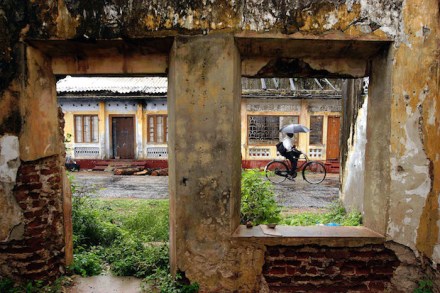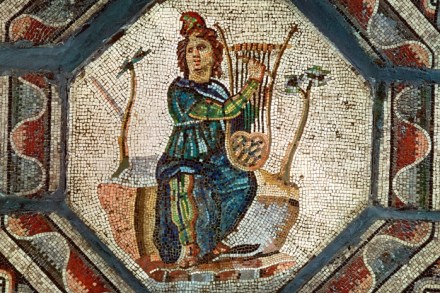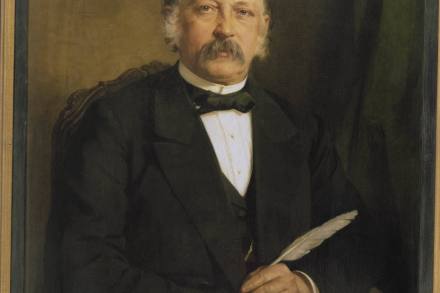Tip-toeing through Sri Lanka
‘The first night I stayed in Kilinochchi, I was a little apprehensive,’ admits the usually cool-headed Vasantha, van-driver and narrator of all the stories in Noontide Toll. Kilinochchi was the operational centre of the LTTE (Liberation Tigers of Tamil Eelam) until the Sri Lankan army’s entry in January 2009. Now the town offers amenities like





